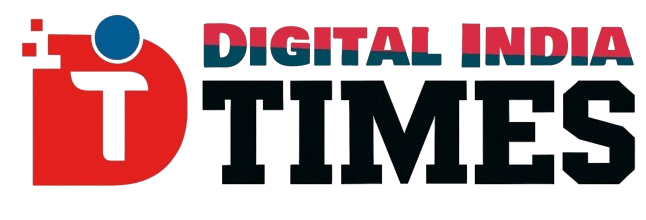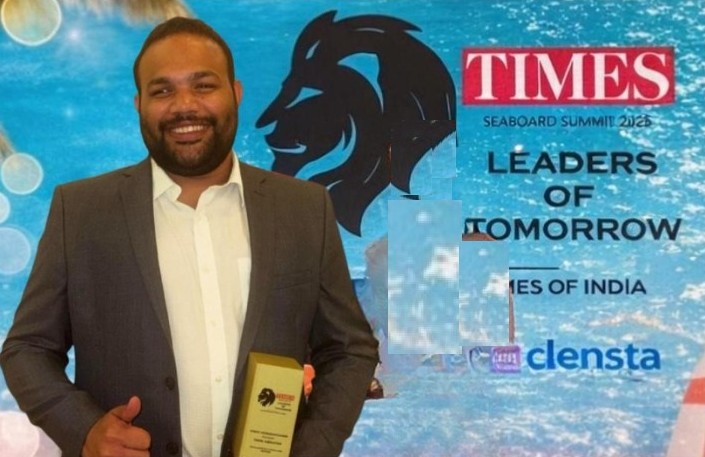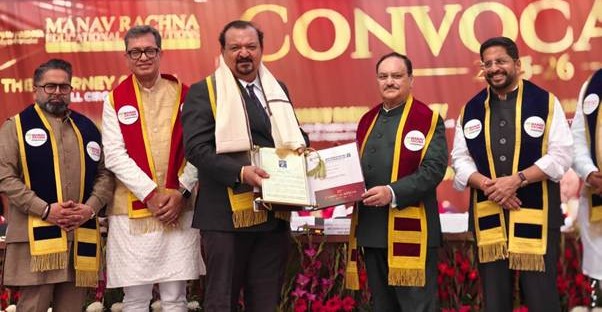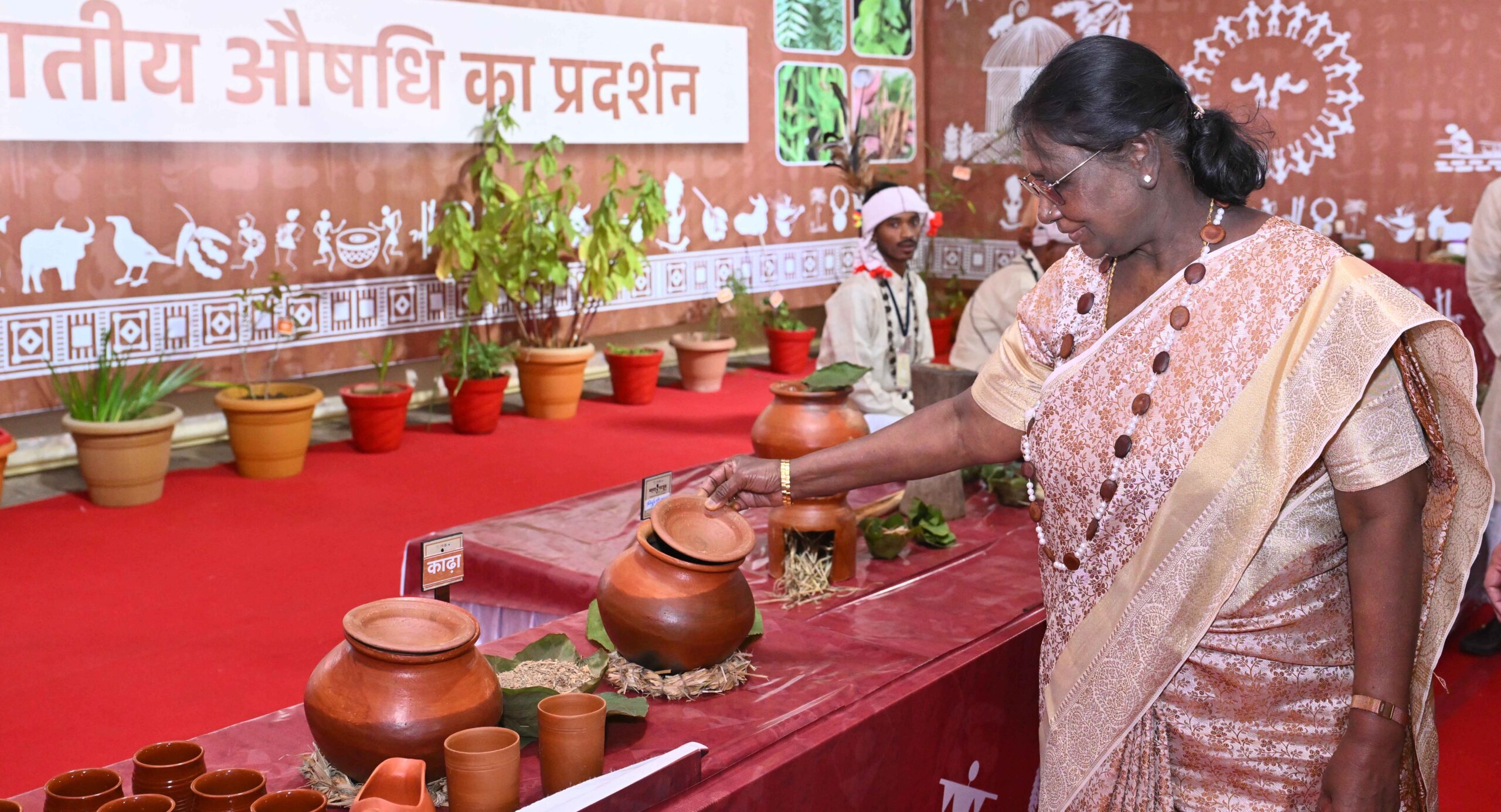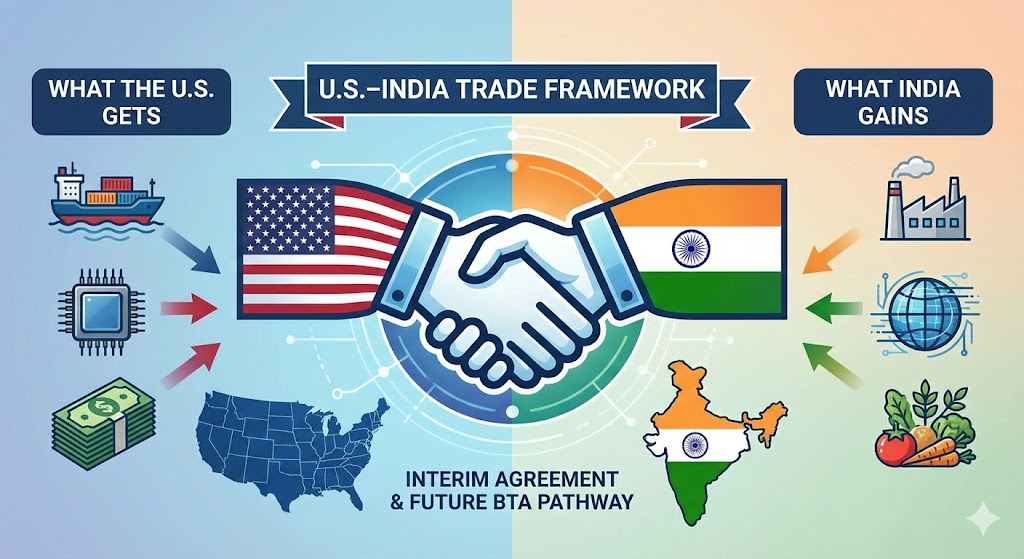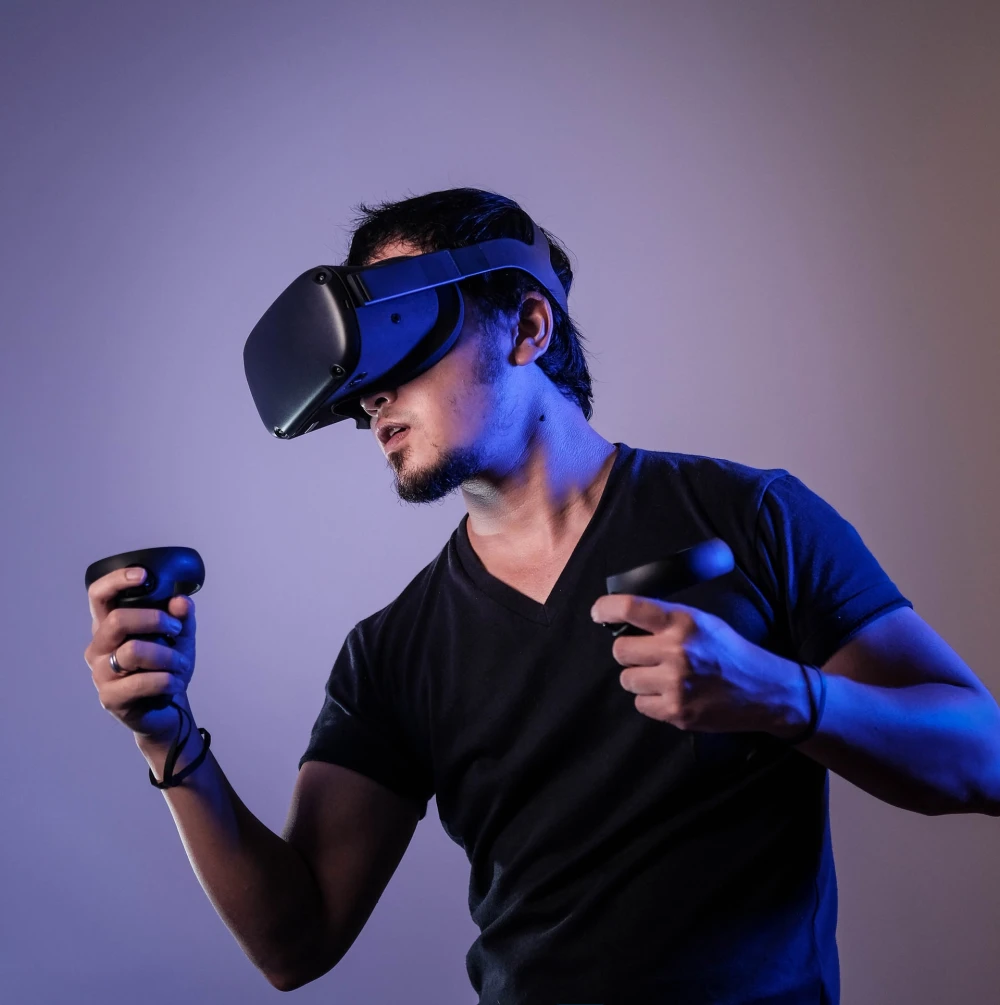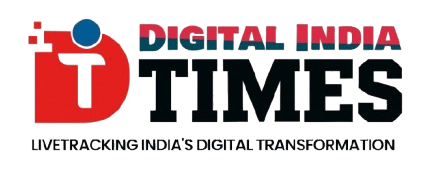DRDO Leads Thematic Session on Electronics and Semiconductor Manufacturing at ESTIC 2025
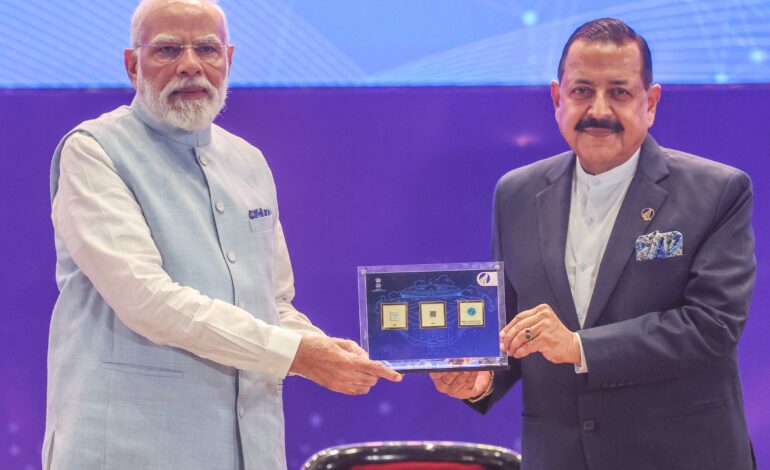
Held at Bharat Mandapam here from November 3–5, the conclave was inaugurated by Prime Minister Narendra Modi under the theme “Viksit Bharat 2047 – Pioneering Sustainable Innovation, Technological Advancement, and Empowerment.”
New Delhi, November 5: The Defence Research and Development Organisation (DRDO) took centre stage at the Emerging Science, Technology and Innovation Conclave (ESTIC) 2025, leading a key thematic session on ‘Electronics and Semiconductor Manufacturing’ — a sector pivotal to India’s technological self-reliance and digital economy.
Held at Bharat Mandapam here from November 3–5, the conclave was inaugurated by Prime Minister Narendra Modi under the theme “Viksit Bharat 2047 – Pioneering Sustainable Innovation, Technological Advancement, and Empowerment.” The event, jointly organised by 13 ministries and departments under the guidance of the Principal Scientific Adviser to the Government of India, aims to accelerate collaboration between academia, industry, and research institutions.
During the inaugural session, the Prime Minister launched the ₹1 lakh crore Research, Development and Innovation Scheme Fund to strengthen the private sector-driven research ecosystem and position India as a global hub for science and technology.
DRDO, one of the key organisers, led discussions on advancing indigenous capabilities in electronics and semiconductor manufacturing. The technical session was chaired by Dr Samir V. Kamat, Secretary, Department of Defence R&D and Chairman, DRDO.
Highlighting the sector’s strategic importance, DRDO showcased its recent breakthroughs, including the indigenous production of 4-inch Silicon Carbide wafers and the fabrication of Gallium Nitride High Electron Mobility Transistors (HEMTs) with power output up to 150W — critical components for next-generation communication, defence, and space systems.
Senior DRDO scientists — Suma Varughese, Distinguished Scientist and Director General (Micro Electronic Devices, Computational Systems & Cyber Systems); Dr Ramalingam Balamuralikrishnan, Director, Defence Metallurgical Research Laboratory, Hyderabad; and Dr Somna Mahajan, Scientist-G, Solid State Physics Laboratory, Delhi — participated in expert panels, exploring collaborative opportunities to strengthen India’s semiconductor value chain.
ESTIC 2025 has drawn over 3,000 participants, including Nobel laureates, leading scientists, innovators, and policymakers, to deliberate on 11 priority areas such as Advanced Materials & Manufacturing, Artificial Intelligence, Quantum Science, Health Technologies, Blue Economy, and Space Technologies.
The discussions reaffirm India’s commitment to Atmanirbhar Bharat, focusing on innovation-led growth, indigenous manufacturing, and global leadership in emerging technologies.
